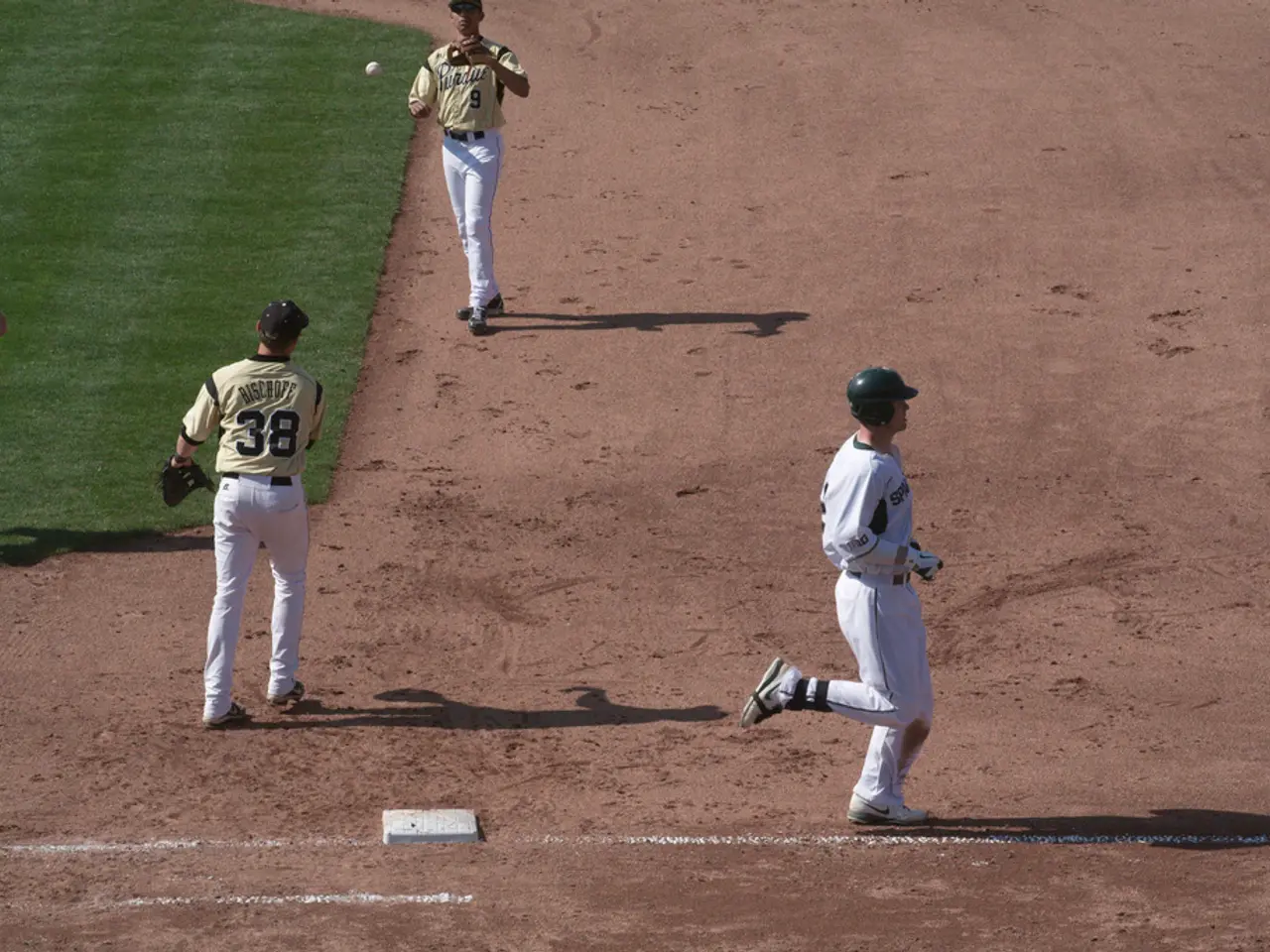High Court Judge Stripped of Criminal Docket Overseership by Supreme Court following surprise decision
The Supreme Court of India has taken an unprecedented step, directing Justice Prashant Kumar of the Allahabad High Court to be barred from hearing criminal cases until his retirement. This order, passed on August 4, 2025, came as a response to a controversial order by Justice Kumar in the case of M/S Shikhar Chemicals v. The State of Uttar Pradesh, which was described as "one of the worst and most erroneous orders" by the Supreme Court [2].
However, following significant backlash, including a letter from Chief Justice of India BR Gavai requesting reconsideration and opposition from 13 judges of the Allahabad High Court, the Supreme Court partially recalled the August 4 order on August 8, 2025 [1][4][5].
The Supreme Court deleted paragraphs 25 and 26 of its original order, which contained explicit directions that Justice Kumar should not hear criminal cases and must sit with a senior judge. This deletion was in deference to the CJI’s request and in recognition of the High Court’s administrative autonomy [1][3].
However, the Court did not delete paragraph 24, which instructed the Chief Justice of the Allahabad High Court to "immediately withdraw the present criminal determination" from Justice Kumar. This leaves the immediate removal of criminal cases from Justice Kumar's roster formally in place, at least on paper, but with the implementation now subject to the discretion of the High Court’s Chief Justice [3].
The Supreme Court emphasized that while High Courts are masters of their rosters, it will intervene "when matters affect the rule of law" and to maintain the dignity and authority of the judiciary overall [1].
The Allahabad High Court judges' collective stand and the Chief Justice of India's intervention reflect tensions regarding the balance of administrative control between the Supreme Court and High Courts, especially concerning judicial independence in allocations of cases [4].
The Supreme Court expressed regret for any embarrassment caused to Justice Kumar and clarified that the initial harsh tone was aimed at preserving the judiciary's honor, not to disparage the judge personally [5].
The case in question, M/S Shikhar Chemicals v. The State of Uttar Pradesh, arose from a dispute over a significant amount supplied by the respondent to the petitioner-firm, with allegations of a balance remaining unpaid, leading to a complaint being filed before the magistrate. The Court has requested the Hon'ble Chief Justice of the High Court to assign this matter to any other judge [1].
This episode highlights an ongoing dialogue on judicial accountability and autonomy within India’s highest courts. Justice Kumar, in his order dated May 5, justified criminal prosecution as a reasonable course due to the lengthy process of civil suits, a view that was strongly criticized by the Supreme Court's Bench of Justices JB Pardiwala and R Mahadevan [2]. The Court has no hesitation in interfering with the order even without issuing notice in the matter and has ordered the High Court Chief Justice to strip Justice Kumar of the criminal roster [1]. The order passed by the High Court was set aside, and the matter was remanded for fresh consideration by a different judge.
- Despite the Supreme Court partially reversing its initial order restricting Justice Prashant Kumar from hearing criminal cases, the directive to immediately withdraw the current criminal determination from his roster remains, thus implying a form of policy-and-legislation intervention in politics through general-news.
- The ongoing dialogue on judicial accountability and autonomy within India’s highest courts is underscored by the controversial order issued by Justice Kumar in the M/S Shikhar Chemicals v. The State of Uttar Pradesh case, which was criticized for its justification of criminal prosecution as a reasonable course, thereby raising questions about the balance between politics and the administration of justice.








